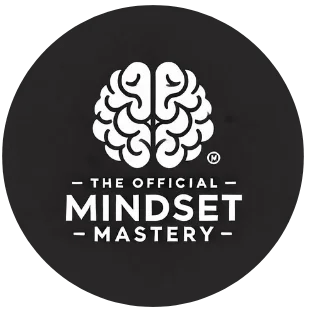Mental resilience is a crucial trait for college students navigating the challenges of academic life. A groundbreaking model has emerged, offering unprecedented accuracy in predicting students’ mental toughness. This innovative approach could revolutionize how universities address mental health issues among their student populations.
Unveiling the new model for mental resilience prediction
Researchers at Wuxi Institute of Technology have developed a cutting-edge model to predict mental resilience in college students. This optimized model utilizes advanced statistical methods to analyze how students cope with stress and adversity. With an impressive accuracy rate of over 94%, it outperforms five commonly used models in terms of predictive reliability.
The model’s foundation lies in an optimized version of Elastic Network Regression (ENR), which balances multiple predictive factors statistically. By employing a Bayesian optimization algorithm (BOENR), the model fine-tunes its parameters based on prior knowledge, effectively avoiding the common pitfall of overfitting.
This breakthrough comes at a critical time. According to a 2023 study by the American College Health Association, 73% of college students reported experiencing moderate to severe psychological distress. The new model’s ability to identify at-risk students early on could be a game-changer in addressing this growing concern.
Implications for student mental health support
The implications of this model for university mental health services are significant. By accurately predicting mental resilience, institutions can:
- Identify vulnerable students before severe issues arise
- Tailor interventions to individual needs
- Allocate resources more effectively
- Develop targeted mental strength resilience training programs
Educational psychologist Dr. Emily Chen states, “This model could revolutionize our approach to student mental health. Early identification is key to preventing more serious mental health issues down the line.”
The model’s potential extends beyond immediate crisis prevention. It can also inform long-term strategies for building mental resilience in students, preparing them for the challenges they may face both during their academic careers and beyond.
Understanding mental toughness in college students
Mental toughness, closely related to psychological resilience and well-being, is defined as one’s ability to cope with stress and setbacks. For college students, this skill is particularly crucial as they navigate a complex mix of academic pressures, social challenges, and personal transitions.
The importance of mental toughness in academic settings cannot be overstated. A 2022 study published in the Journal of Educational Psychology found that students with higher levels of mental resilience were 35% more likely to complete their degree programs compared to those with lower resilience scores.
To better understand the components of mental toughness, consider the following table:
| Component | Description | Impact on Student Life |
|---|---|---|
| Emotional Control | Ability to manage emotions under pressure | Better exam performance, reduced anxiety |
| Goal Setting | Capacity to set and pursue challenging goals | Improved academic achievement, career planning |
| Positive Self-Talk | Internal dialogue that boosts confidence | Enhanced self-esteem, resilience in face of setbacks |
| Adaptability | Flexibility in responding to change | Smoother transitions, better social integration |
By understanding these components, universities can develop targeted interventions to boost students’ mental resilience. For instance, workshops focusing on emotional regulation techniques or goal-setting strategies could significantly impact students’ overall well-being and academic performance.
Enhancing mental resilience through targeted interventions
With the insights provided by the new predictive model, universities can implement more effective interventions to enhance students’ mental resilience. These interventions can range from individual counseling sessions to group workshops and even campus-wide initiatives.
Some promising approaches include:
- Mindfulness training: Incorporating mental toughness-boosting mindfulness exercises into students’ daily routines can significantly improve their ability to manage stress and maintain focus.
- Peer support networks: Establishing structured peer support systems can provide students with relatable guidance and a sense of community.
- Resilience-focused curricula: Integrating resilience-building skills into academic courses can help students develop mental toughness alongside their subject-specific knowledge.
- Technology-assisted monitoring: Using apps or online platforms to track students’ well-being and provide timely support when needed.
Thomas Harper, a renowned expert in personal development and mental resilience, emphasizes the importance of tailored interventions. “One-size-fits-all approaches often fall short,” he explains. “By using predictive models to understand each student’s unique needs, we can craft interventions that truly resonate and make a lasting impact.”
As universities begin to implement these targeted interventions, the potential for improving student mental health outcomes is immense. By fostering mental resilience early in their academic careers, students are better equipped to face not only the challenges of college life but also those that await them in their future professional endeavors.





